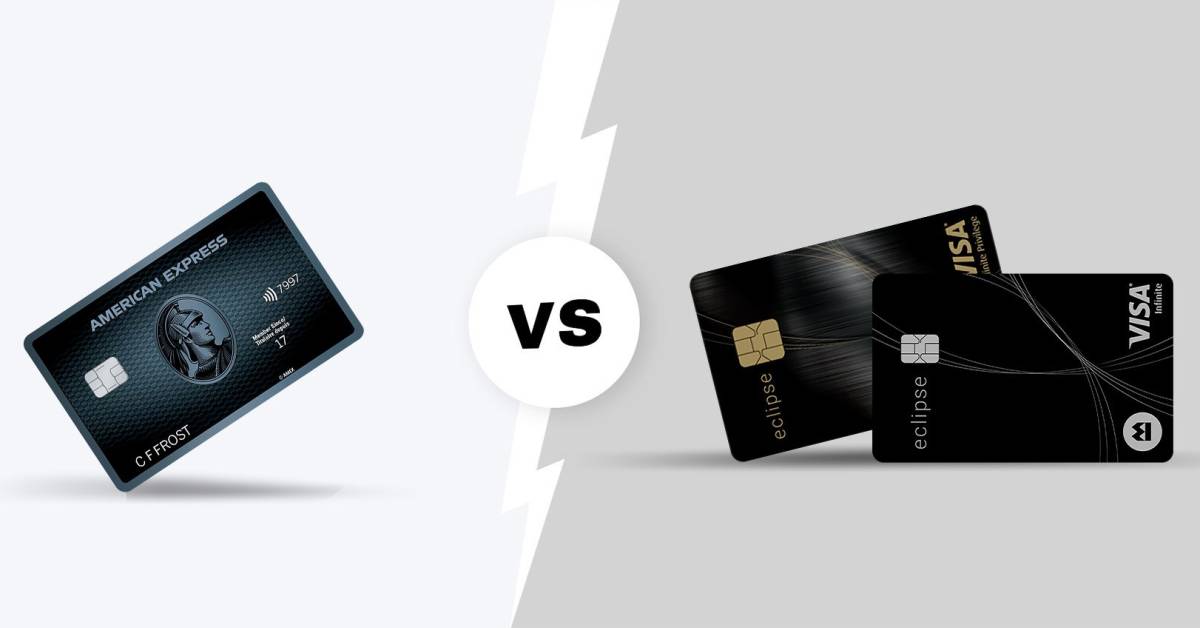We adhere to strict standards of editorial integrity to help you make decisions with confidence. Some or all links contained within this article are paid links.
After a health crisis, discovering a lien on your home for unpaid medical bills would be a shock — but it’s one thousands of Atrium Health patients faced. Atrium, one of North Carolina’s largest hospital systems, recently canceled 11,500 such liens, relieving affected families.
These liens, though legal, allowed the hospital to claim payment if a homeowner sold or refinanced their property.
One patient, grieving his wife’s death and battling cancer himself, was pursued in court over medical debts tied to a deed of trust with Atrium. Health advocate Rebecca Cerese criticized the added stress on struggling families.
“Dealing with an illness or loss of a loved one is hard enough,” said the health policy advocate at the North Carolina Justice Center. “We should not be compounding that with this additional stress of facing financial ruin.” Atrium has since reversed course, citing a commitment to easing financial burdens and rebuilding trust.
Liens: A common tool for recovering debt
The Atrium Health case highlights a national crisis as medical debt surpasses $220 billion, according to a February 2024 Kaiser Family Foundation report.
While hospital liens are a legal last resort to recover unpaid bills, critics argue they are ethically questionable, especially for financially struggling patients. An Urban Institute study revealed that nearly two-thirds of adults with overdue medical debt earn well below their area’s median income.
For individuals burdened by medical debt, consolidating can be a practical step toward financial stability; services like Credible offer an efficient way to manage that debt repayment journey.
Through their online marketplace, you can access personalized loan offers from vetted lenders, helping you streamline payments with a fixed rate instead of juggling multiple bills.
Simply provide basic information, and Credible will present loan options tailored to your needs, empowering you to tackle medical debt more effectively.
Tips for managing medical costs without risking financial stability
Navigating a health crisis without accumulating debt is difficult, and just one major health event can drastically change the financial picture — even for those who are financially stable. However, there are practical steps everyone can take to manage expenses and avoid financial distress.
Know your options
Medical debt is the leading cause of bankruptcy in the U.S., with over 56 million people struggling annually. These expenses often stem from unavoidable costs like emergency care, hospital stays, and prescription drugs.
With healthcare costs among the highest globally, 2023 premiums averaged $8,435 for single coverage and $23,968 for families.
To manage medical expenses, start by negotiating bills and seeking financial assistance. Hospitals often offer help to low-income or uninsured patients, including discounts for upfront payments or charity care policies.
Nonprofit organizations like the Patient Advocate Foundation and HealthWell Foundation provide grants or loans to ease high medical costs.
For those with high-deductible health plans, a Health Savings Account (HSA) allows you to save tax-free for qualified medical expenses, reducing taxable income.
Also, avoid using high-interest credit cards for medical bills; instead, consider low-interest medical loans designed for healthcare costs, which offer more affordable terms.
Build an emergency fund with high-yield savings options
Facing medical debt can feel overwhelming, but building a financial safety net is a powerful way to regain control. High-yield savings options offer a low-risk way to grow your money while preparing for unexpected expenses.
If you’re looking for safe, high-return options, certificates of deposit (CDs) are a great choice, and SavingsAccounts.com makes finding the best ones easy. Their comparison platform provides real-time data on CD rates and terms from various banks, offering tailored recommendations to maximize returns.
Ideal for conservative savers and long-term planners, this tool simplifies the decision-making process, helping you grow low-risk, high-return investments without the stress.
For a flexible and accessible option, you can also make your money do a little work for you by placing it in a high-yield bank account, like the ones offered by SoFi.
SoFi offers a no-fee checking account and a savings account with a 4.60% APY.
With SoFi, you can enjoy no-fee overdraft protection, early paycheck deposits and access to over 55,000 ATMs within the Allpoint network.
Speaking of deposits, sign up now and you can earn a bonus of up to $300 for setting up direct deposit.
Want to see more high-yield banking options? Our curated selection of the best high-yield savings accounts of 2025 can help you find the right fit for your financial goals.
This article provides information only and should not be construed as advice. It is provided without warranty of any kind.


